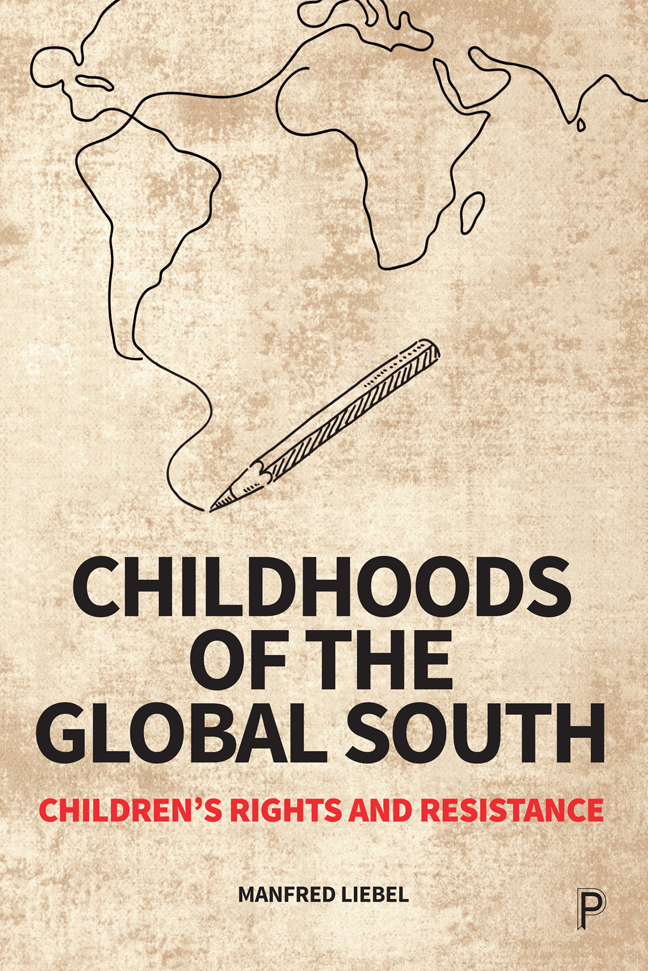3 - Children's rights studies in search of its own profile
Published online by Cambridge University Press: 23 January 2024
Summary
Introduction
For about two decades now, research on children's rights or children's rights studies have been developing that claim to be a particular branch of research. Similar to social childhood studies and human rights studies, which have a longer history, they consider themselves as a scientific field with specific cognitive interests and questions that differ significantly from those of other fields of research. Although children's rights have been considered for more than a hundred years, we believe that it makes sense to understand studies on children's rights in the strictest sense of the term as research that systematically reflects on these rights. On the one hand, it should examine their social and ideational origins and, on the other, their meanings and impacts in particular contexts. This can be done in a theoretical and an empirical way. Also, it can be related to history and to the present. Logically, it is to be expected that these studies will also contribute to sharpening the contours of children's rights theory just as they are oriented towards certain theoretical approaches (see Cordero Arce, 2015a; Freeman, 2020; Hanson and Peleg, 2020). In this chapter, we only deal with the question of the meanings and effects of children's rights.
So far, the debate on the profile of children's rights studies has been conducted mainly in English. Some similarities can be identified in this debate, but the question also arises as to how the profile of these studies can be refined, expanded and, in some points, reconceptualized. When discussing some of these questions in this chapter and considering the future prospects for children's rights studies, we will also draw on some contributions in Spanish.
There is general agreement that children's rights studies should not be limited to one of the usual academic disciplines, but should be interdisciplinary or even transdisciplinary (Moody and Darbellay, 2019; Vandenhole, 2020). This is a claim that can only be fulfilled in an approximate way. However, it can make us aware of the fact that children's rights, like any other right, are not just a normative legal construct, but a complex social factual situation in which different social interests manifest themselves and which can influence children's lives in very different ways. In this chapter, we will identify some of the aspects and contexts that seem to us to be most important.
- Type
- Chapter
- Information
- Childhoods of the Global SouthChildren's Rights and Resistance, pp. 63 - 85Publisher: Bristol University PressPrint publication year: 2023

